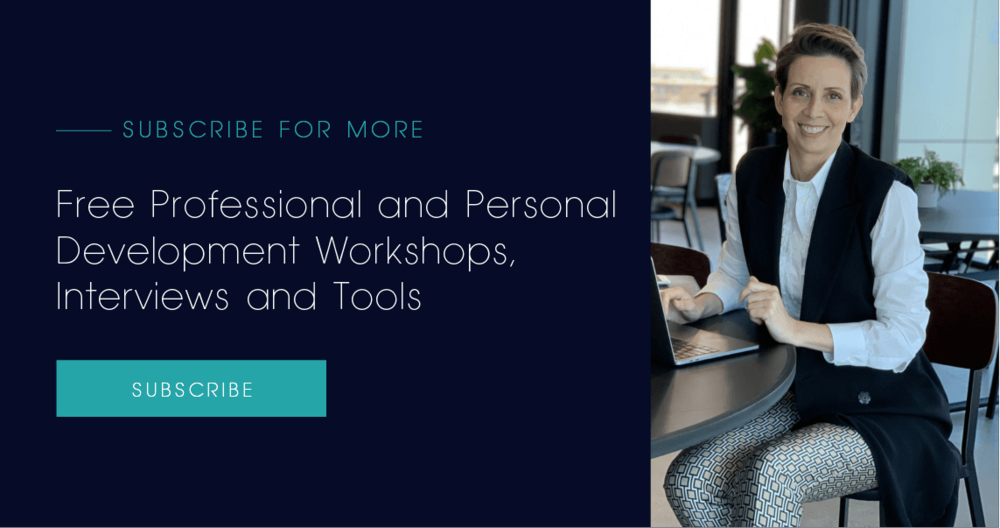We Can’t Judge Our Way Out of Anxiety
Anxiousness at work can sound like aggression or look like disengagement, but it can feel to the one suffering like confusion, fear and desperation.
Misunderstood, judged and hidden, anxiousness carries with it deep shame and guilt. Shame because we don’t want to be seen as weak, or fall short of what others expect of us. Guilt because we don’t want to seem ungrateful for a comparatively privileged life, or for feeling less than happy surrounded by all the things we thought we wanted.
Feeling anxious can be a lonely place.
Our working environments were created as places of effort not feeling. But as stress, burnout, illness and disengagement grow, and new generations come forth with bigger questions, we continually seek new answers.
Contemporary Gallup research states, the view that employees should leave their personal lives at home “might sound sensible, but it’s totally unrealistic.”
We are whole beings, emotional and feeling beings, whether our minds want to acknowledge it or not.
Compassion is an unconditional space to be all that we are, and all that we are not.
Constantly judged and measured by our behaviour at work, without a strong sense of genuine self-worth, those judgments can have an insidious impact.
If I achieve my targets, I’m worthy of recognition.
If I stumble I could be written off as incapable.
If I’m unsure or not ready for a change, I’m less than a team player.
Struggling internally, reacting externally. Anxiousness holds a firm grip.
But pushing people harder does not turn anxiety into high performance. We can’t judge our way out of the effects of anxiety. Compassion is the only true antidote.
Compassion is presence and listening with a curious mind. It is a sacred space wecreate to be all that we are and all that we are not. Compassion is the acknowledgement that you and I are the same, and if one team member is suffering, so is the team.
When a leader resists reacting to behaviour, and instead becomes curious about what’s driving the behaviour, they create a space of compassion. This space can help transcend fear and anxiety and allow their team member’s natural confidence to arise.
As humans, we are feeling, sensory beings. We are not minds on a pedestal. Turning off our feelings at work might be more convenient, but it’s not actually possible.
A high performance environment welcomes the humanity of its people andacknowledges that feelings are part of learning, growth and reaching new highs. It recognises that everyone responds differently, at different times in their lives, to challenges and change.
A high performance leader leads their team beyond disconnection, fear and even resentment and learns how to work with the feelings of their people, rather than against them.
Leveraging and mobilising their most valuable resource, while building an environment of trust that reaches beyond the intellectual and inspires an emotional investment.



